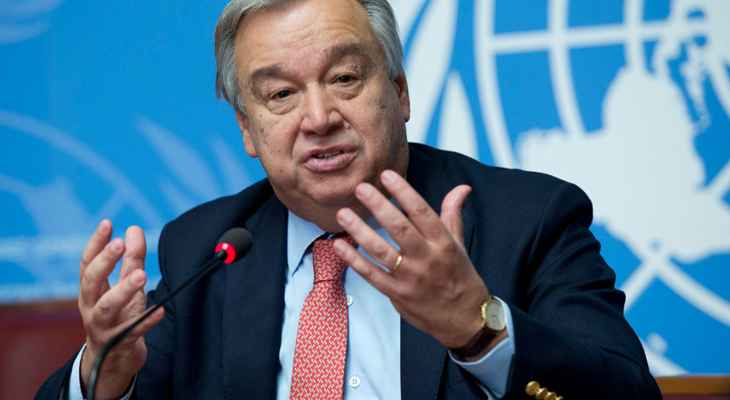In his video-recorded speech at the opening of the sixth Austrian World Climate Summit in Vienna, United Nations Secretary-General António Guterres commented: “Let me be frank that most national climate commitments are not enough. This inaction on the part of many governments in the world will have dire consequences.”
Guterres warned that “the window to avert the worst effects of the climate crisis is rapidly closing, and national commitments to achieve net zero emissions by 2050, on the contrary, will increase emissions by about 14 percent during this decade.”
He explained that “almost half of humanity is in danger, and at a time when we must all unite in the fight for our lives, we are torn apart by senseless wars, and the energy crisis is exacerbated by the current war in Ukraine.” and continued, “If we had invested in the past, we wouldn’t be at the mercy of volatile fossil fuel markets.”
The Secretary General added: “Families and businesses are suffering from exorbitant energy prices,” warning that the world is facing “climate chaos” and warned that “increased exploration for fossil fuels will only fuel wars, increase pollution and exacerbate the climate catastrophe.” He reiterated his previous calls for G20 governments to “completely dismantle and phase out coal infrastructure by 2030”, stressing that “the only real path to energy security and price stability lies in phasing out polluting fossil fuels and relying on to renewable energy sources.
The G20 includes Turkey, the UK, the US, Saudi Arabia, Argentina, France, Germany, India, Indonesia and Italy.
In addition to Japan, Mexico, Russia, South Africa, South Korea, Australia, Brazil, Canada and China, then the European Union complementing the G20, the International Monetary Fund and the World Bank.
Guterres stressed that “the only real path to energy security and price stability lies in moving away from polluting fossil fuels and relying on renewable energy sources.”
The conference, which is part of the Arnold Schwarzenegger Climate Initiative, will bring together heads of government, business, scientists and civil society representatives from around the world to exchange views on climate action priorities.
Source: El Nashra
